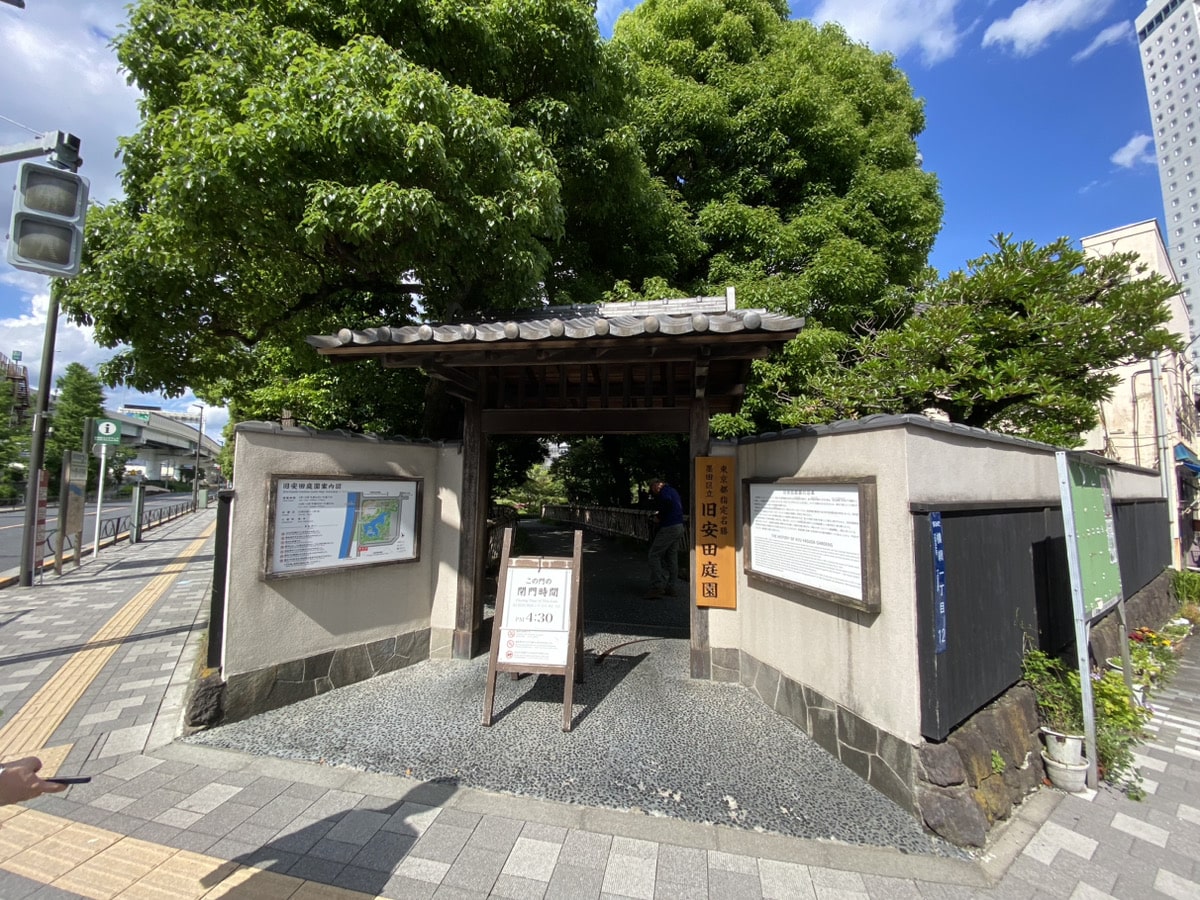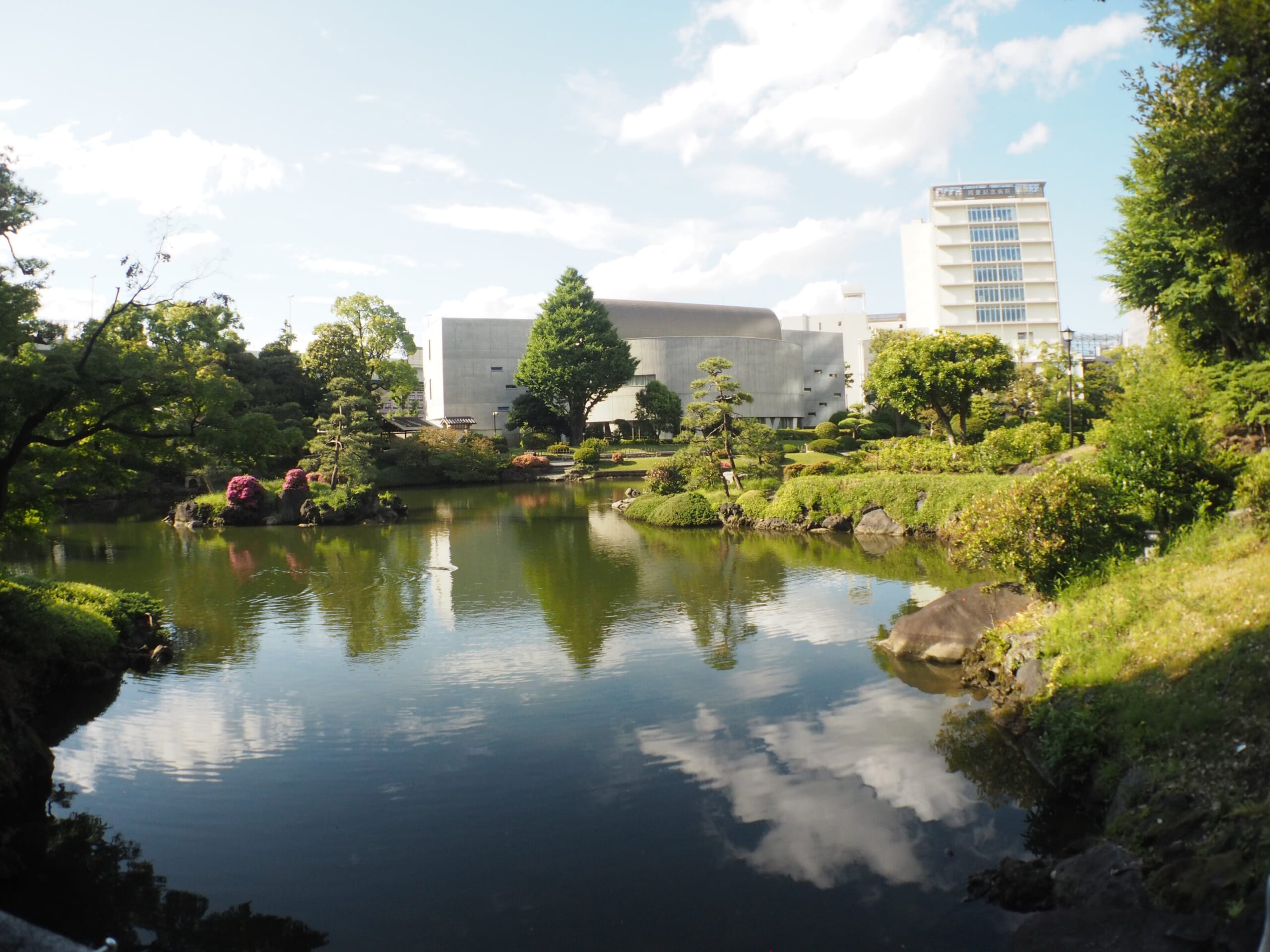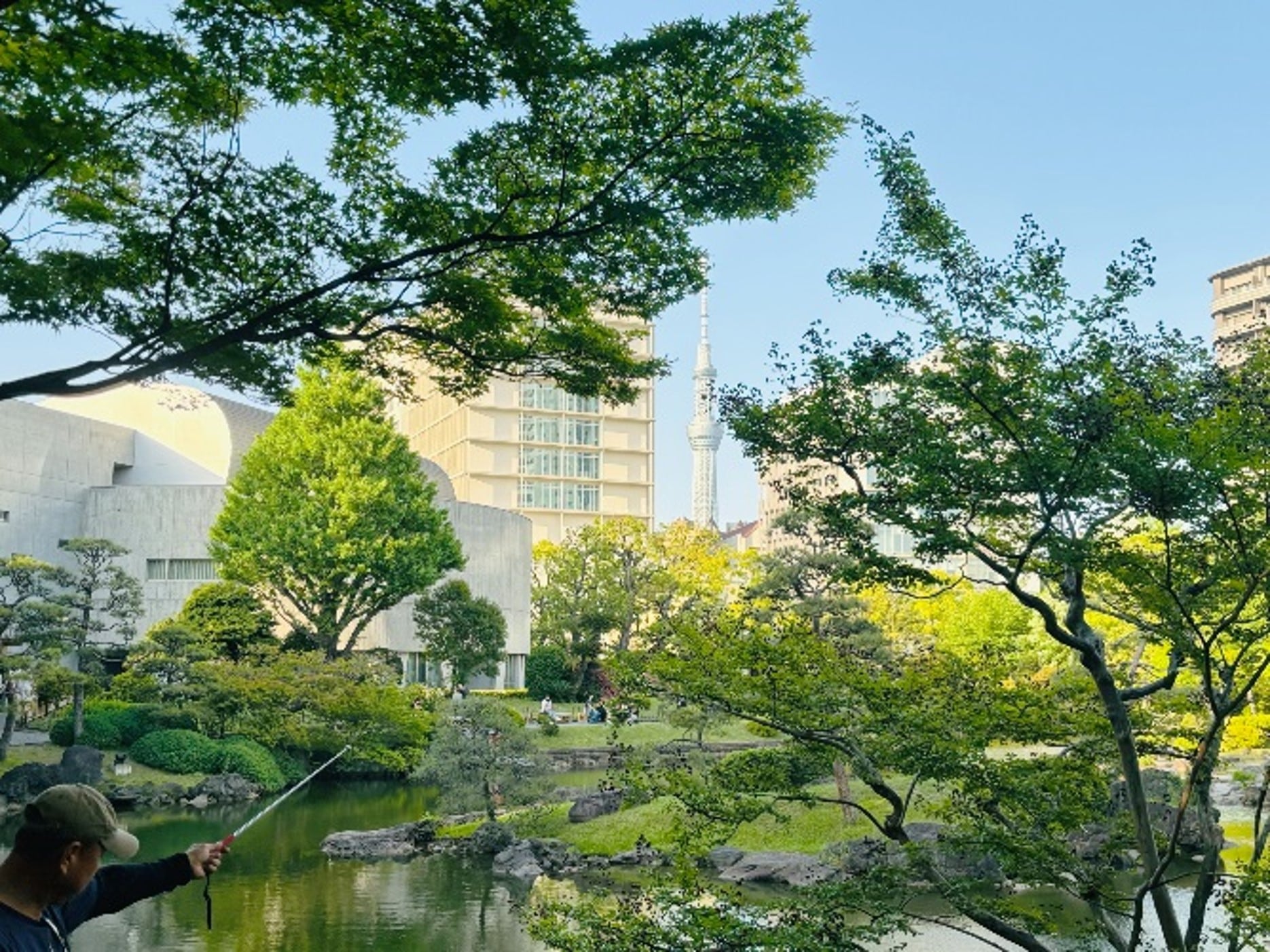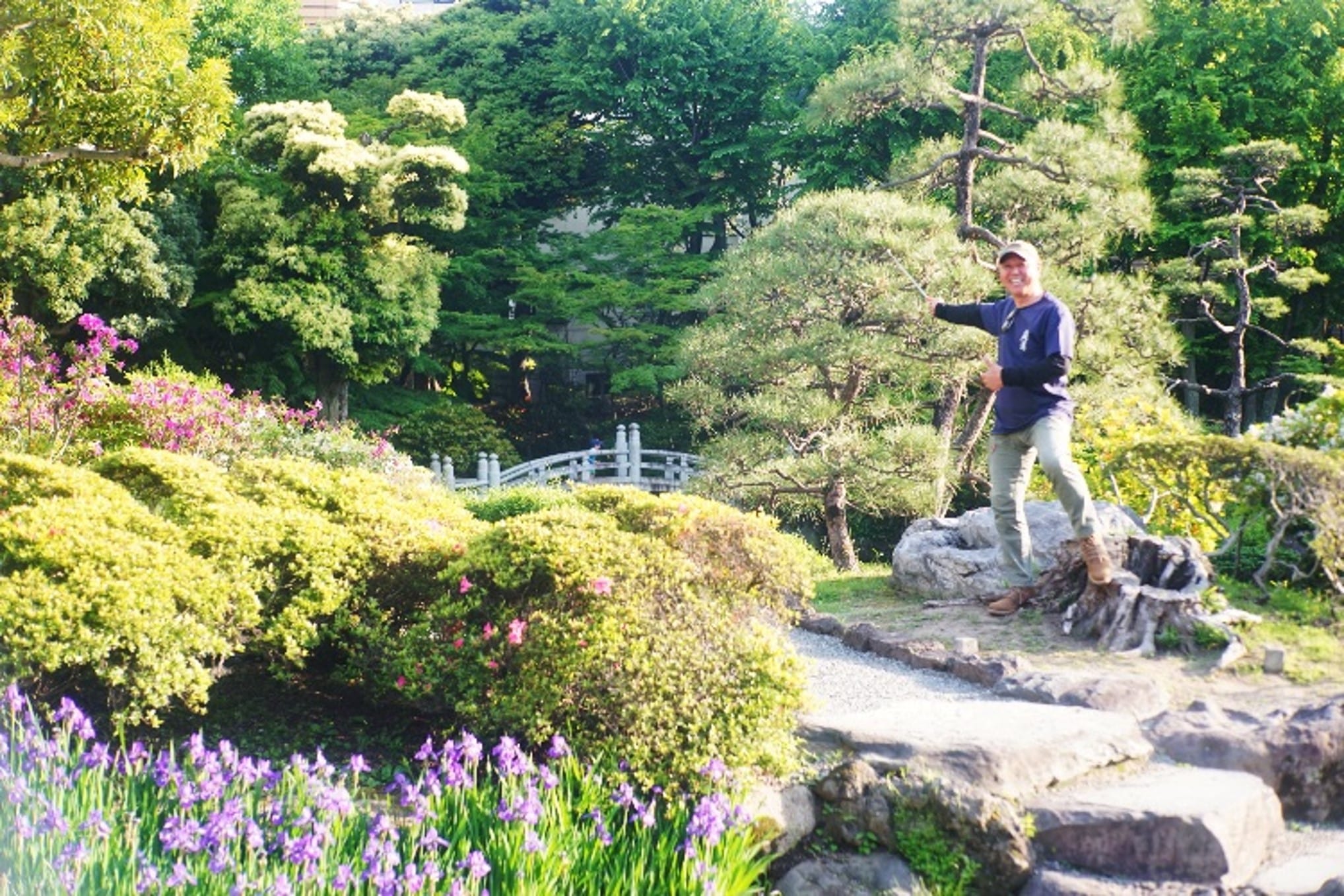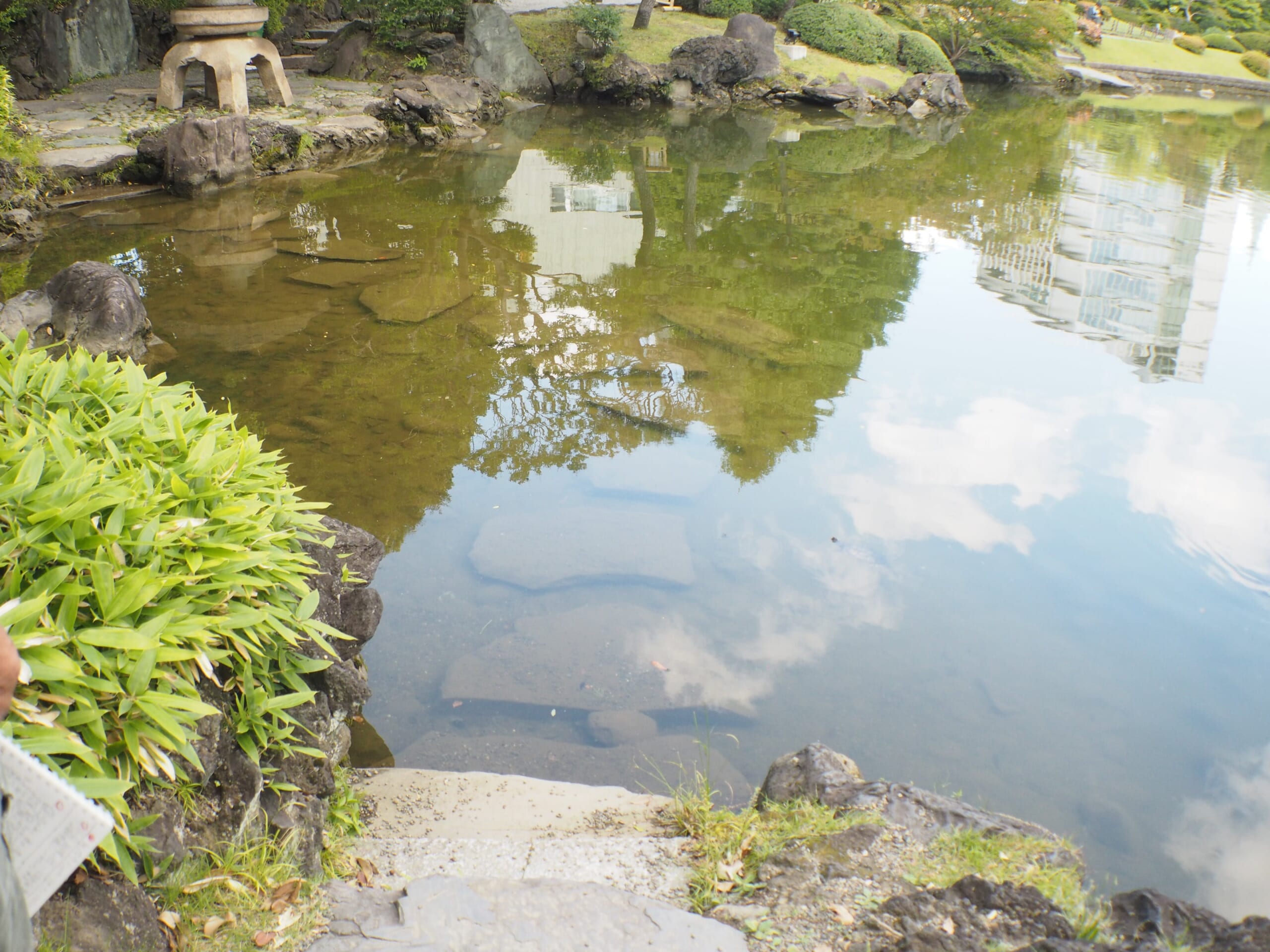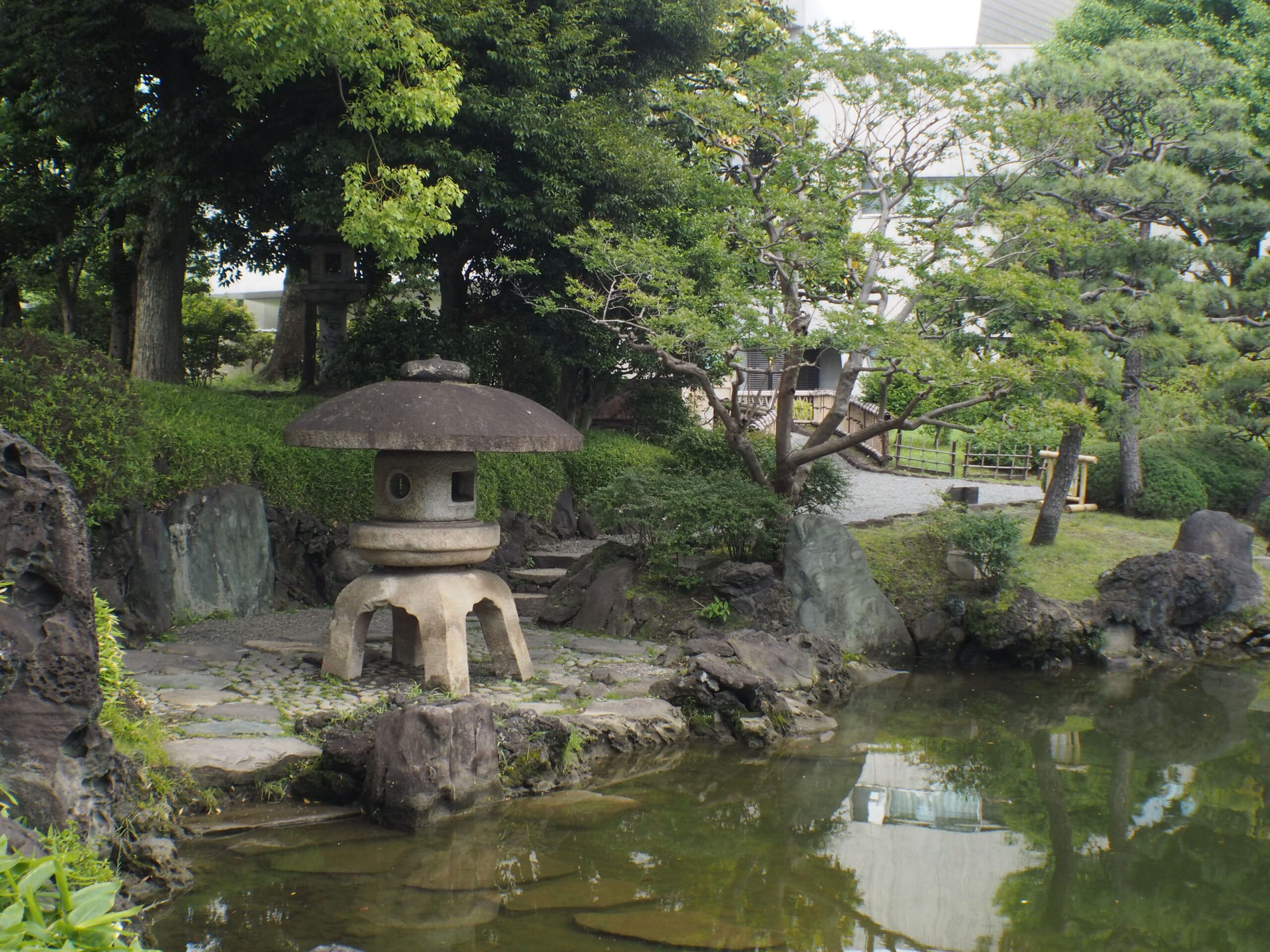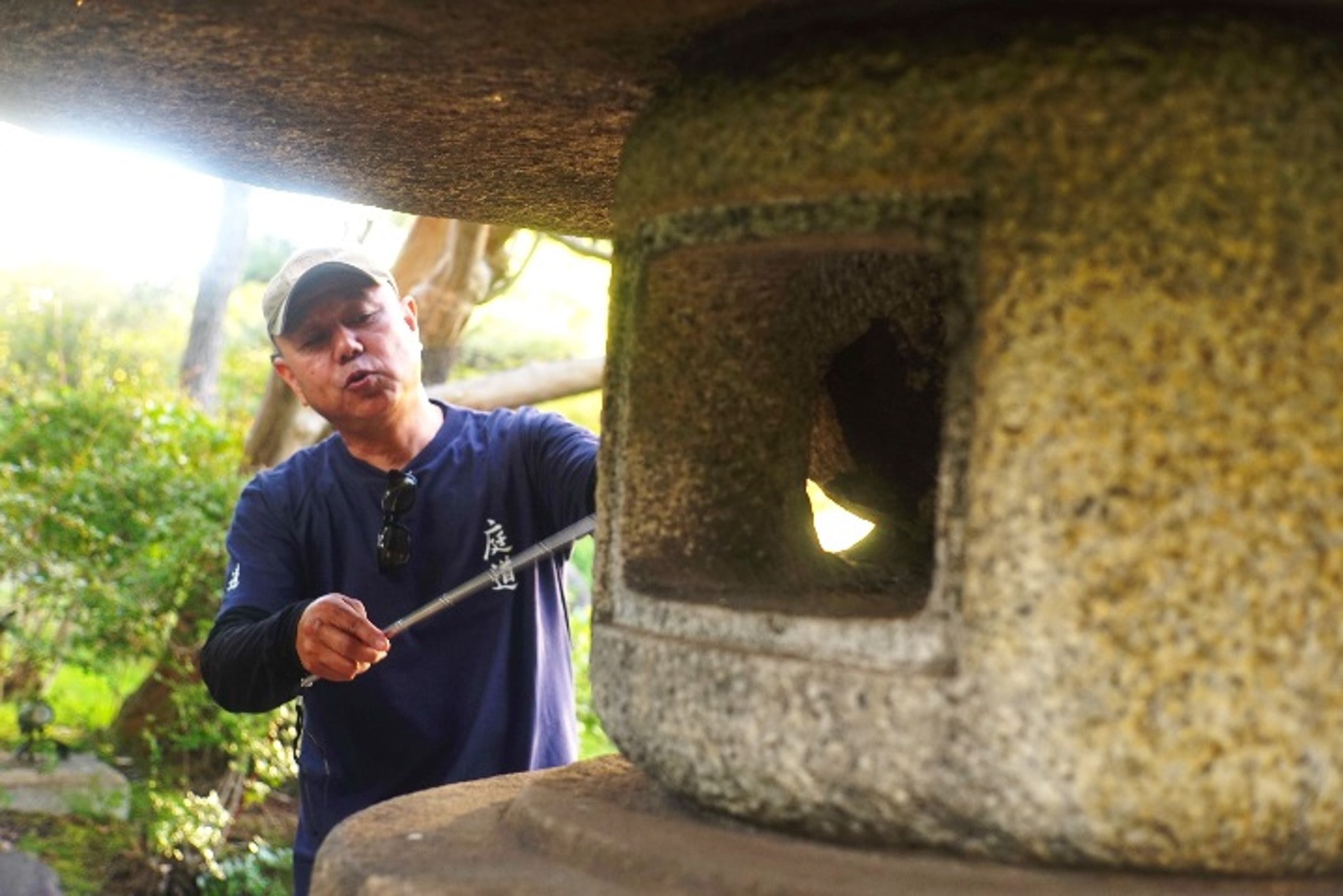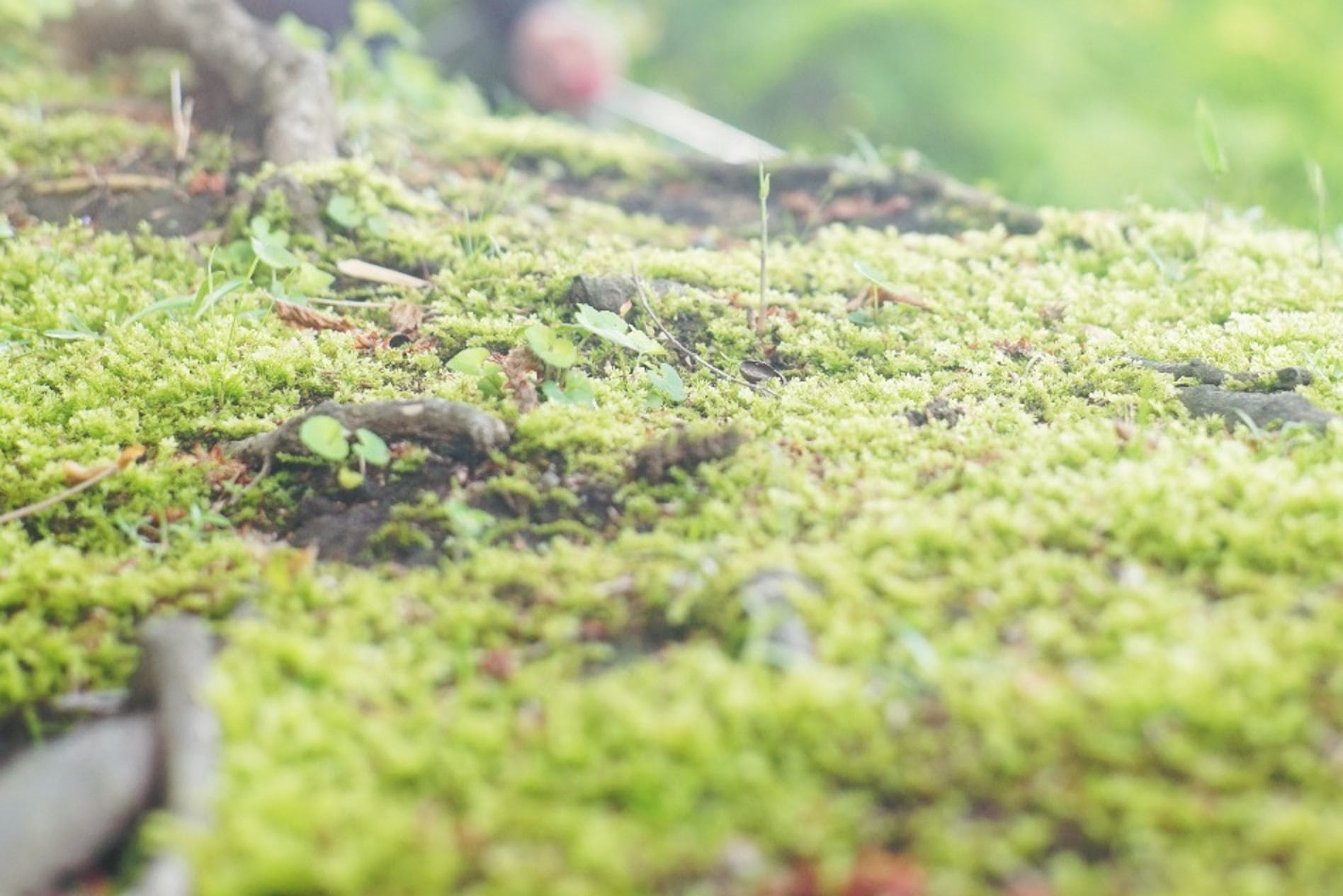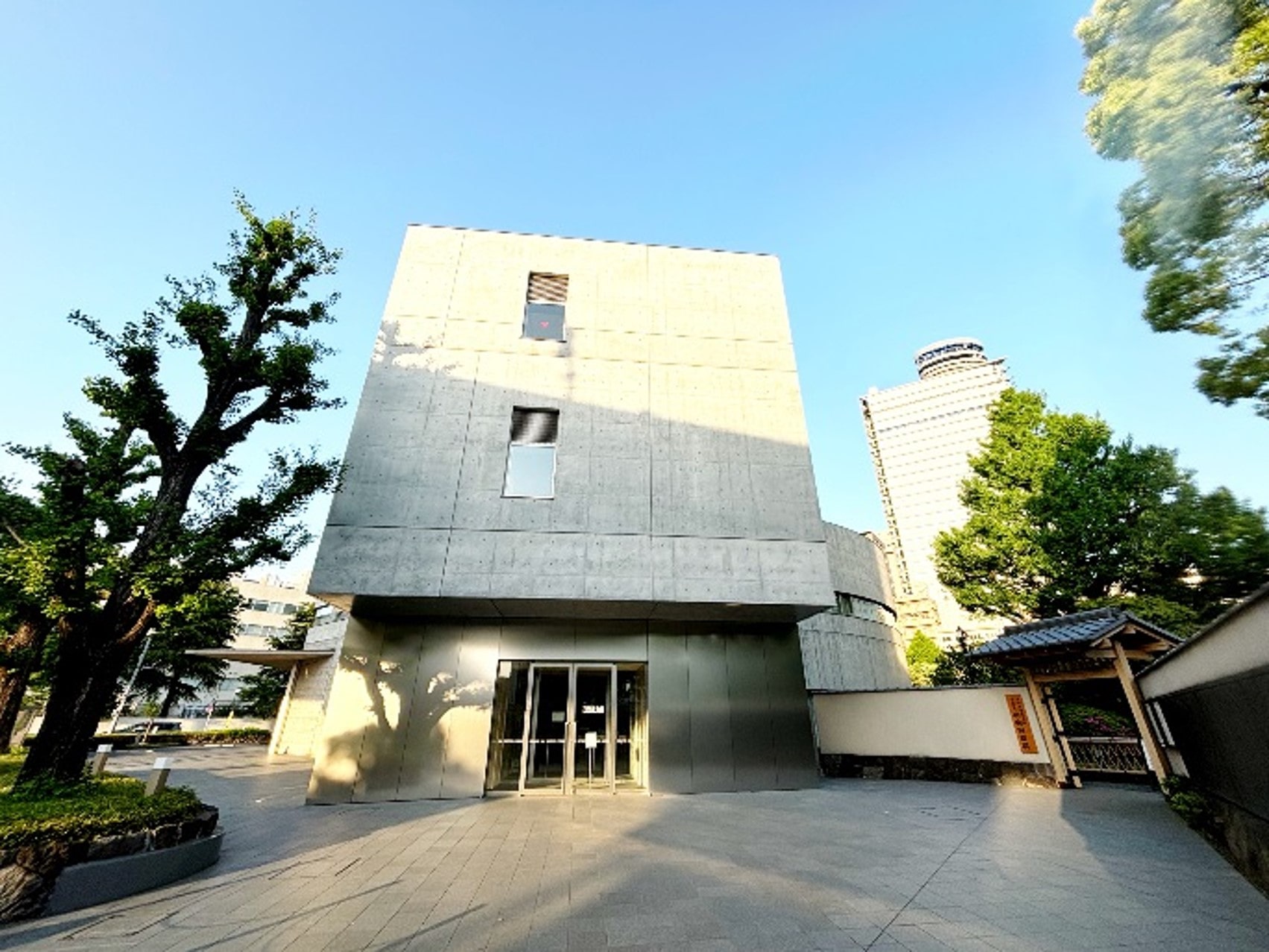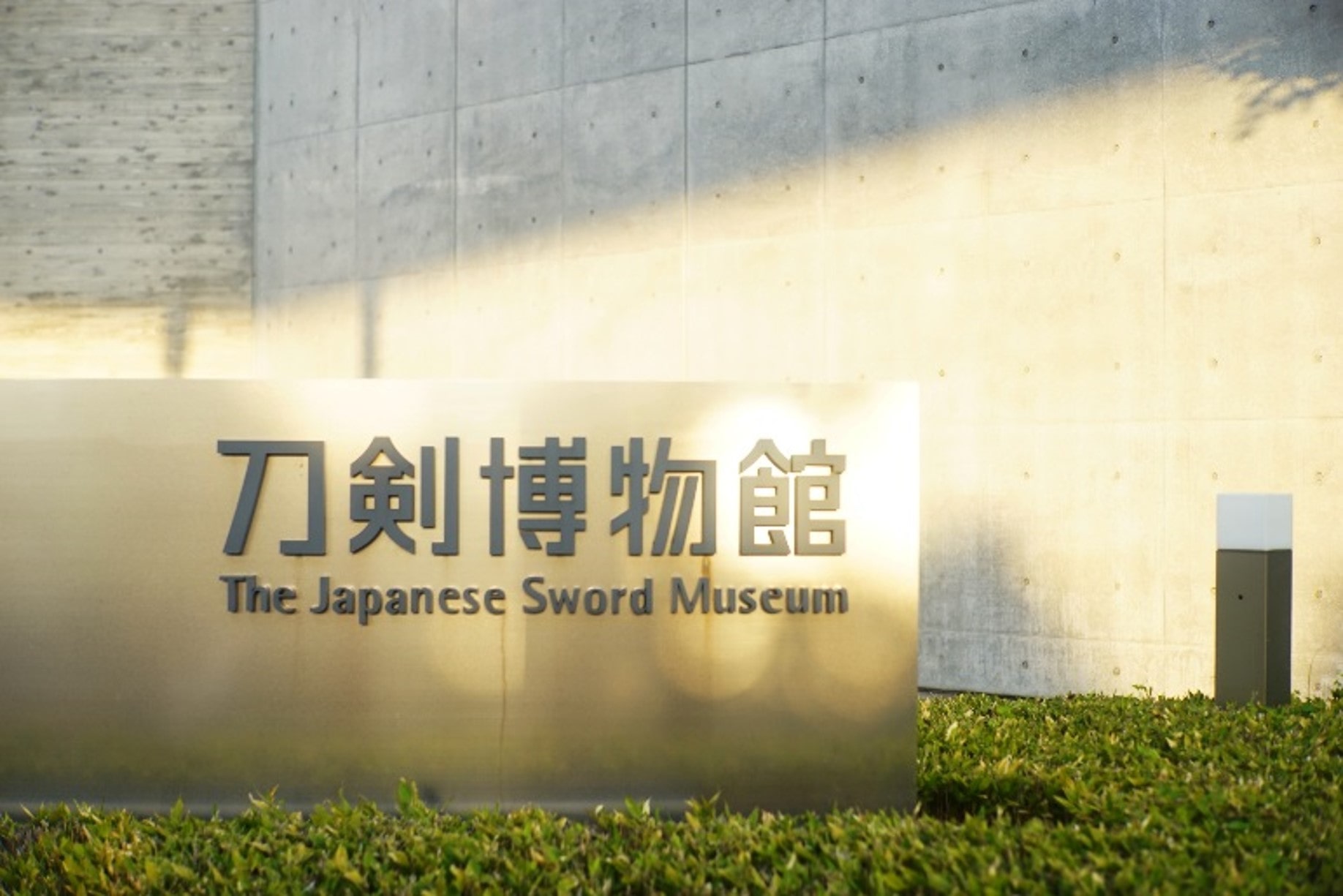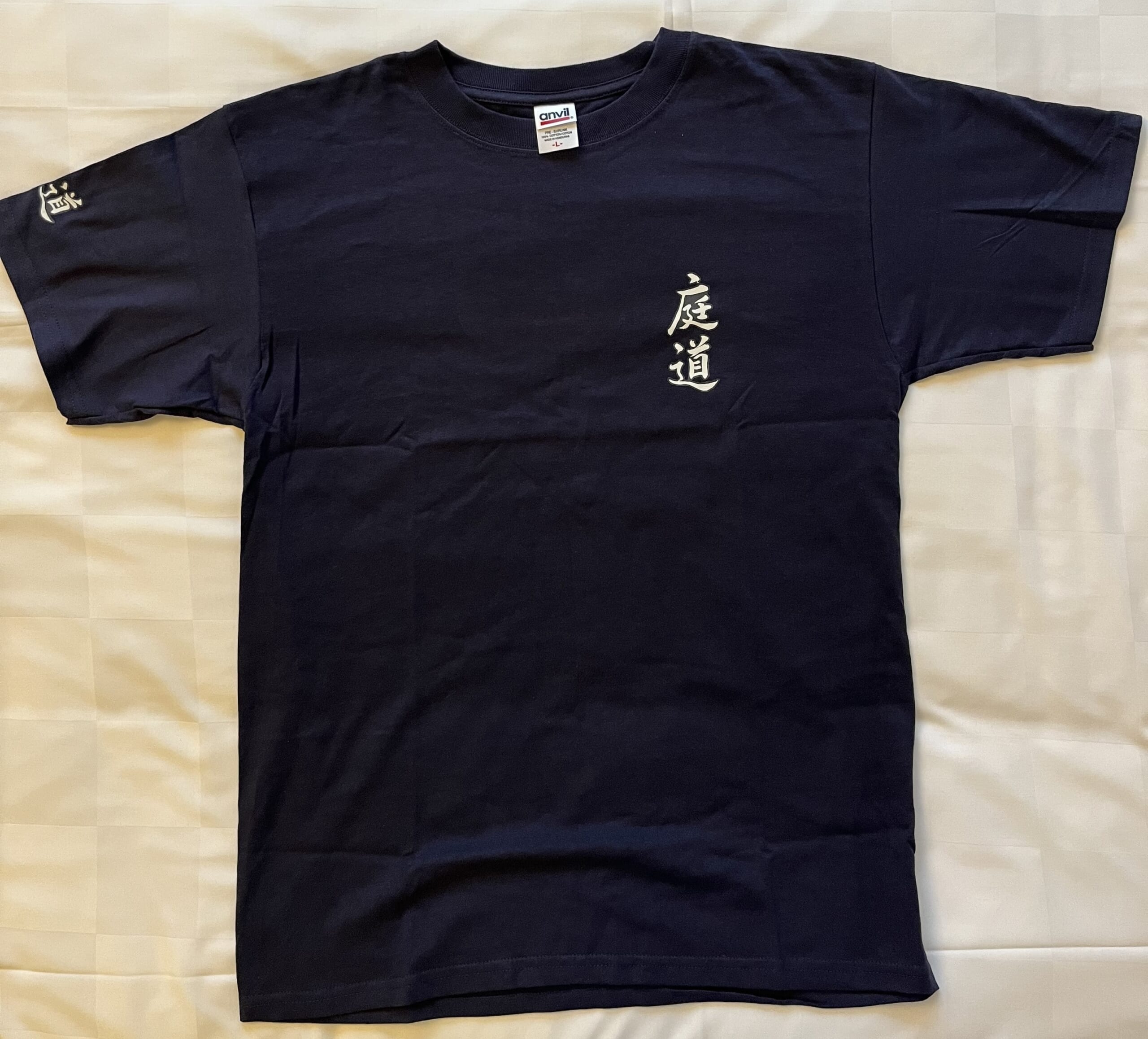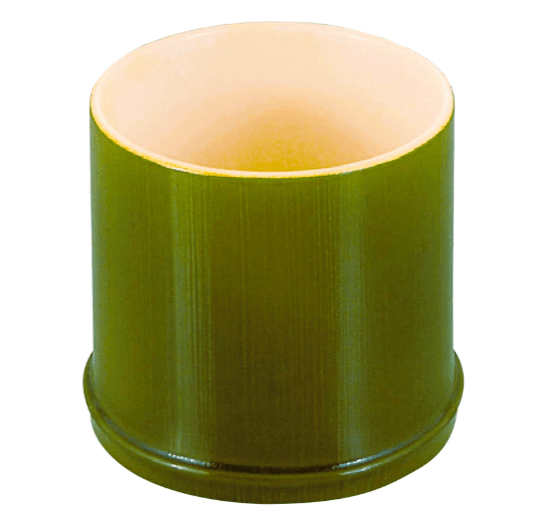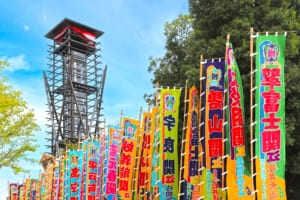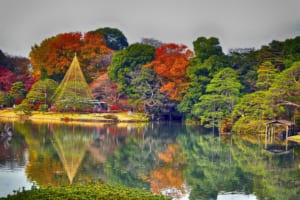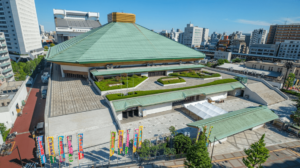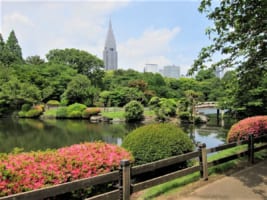NIWADO: Experience Japanese Values Through Gardening Art in Ryogoku
Enjoy the art of gardening and traditional culture in Japan
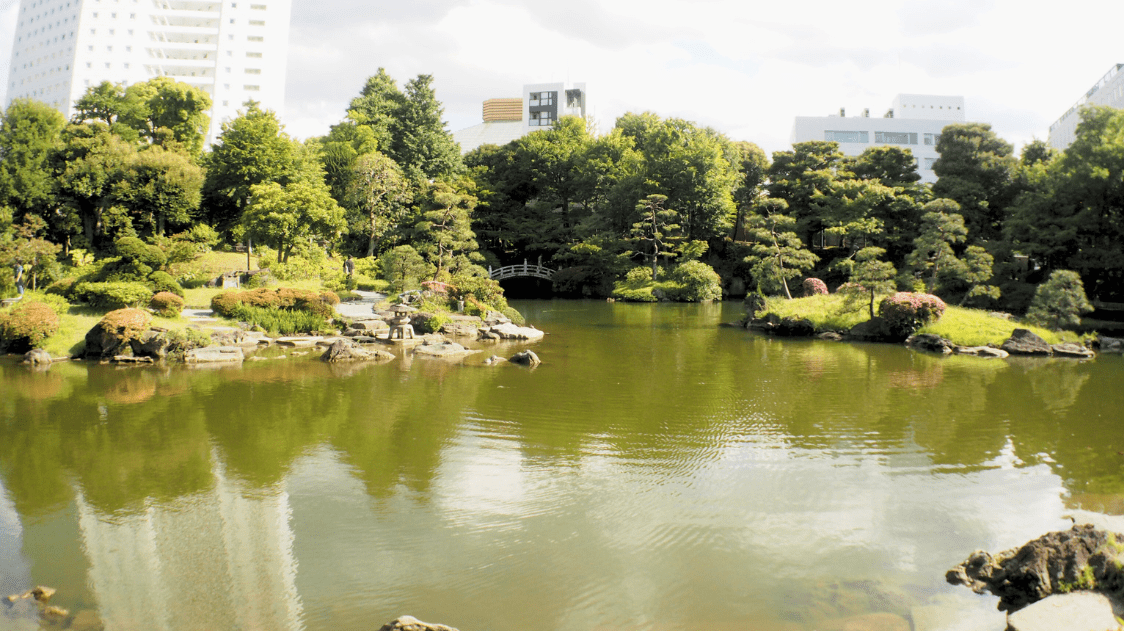
Ryogoku, a cultural hub in Tokyo renowned for its professional sumo tournaments, is a magnet for international visitors. Situated in this vibrant area is a tour designed to deepen your understanding and appreciation of Japanese gardens and culture.
On September 7, 2024 (Saturday), From Now Co., Ltd. will host a tour featuring gardener Zoukei, who champions “Niwado” (the Way of the Garden).
Japanese gardens have gained worldwide popularity in recent years, but what makes them so captivating? While you may have read about or seen them on TV, understanding their true essence requires a sensory experience.
This tour offers a unique opportunity to immerse yourself in the beauty and philosophy of a Japanese garden. You will be guided by an expert who will help you feel and understand the intricate balance of nature and art.
Join this tour to experience the charm of Japanese gardening in Ryogoku like never before.
*Please note that this article contains affiliate links.
Former Yasuda Garden
The main venue of this tour is the former Yasuda Garden (旧安田庭園), located in an area full of historical attractions such as the Ryogoku Kokugikan and The Japanese Sword Museum. Despite being surrounded by the Skytree and high-rise buildings, this Japanese garden has maintained a history of over 300 years, preserving Japanese culture through generations.
While you can appreciate the space just by walking through it, learning about Zoukei’s “Niwado” will allow you to deeply appreciate the thoughts and playful spirit behind each plant and feature, as well as the Japanese aesthetic principles of “wabi-sabi” that have been cherished over time.
After strolling through the former Yasuda Garden, participants can visit the adjacent Sword Museum, followed by a change of venue to a conference room where demonstrations of bonsai pruning and the crafting of sake cups from bamboo will be held. Additionally, participants can purchase commemorative items such as pruning shears, bamboo sake cups, and original T-shirts.
What is “Niwado”?
Japanese gardens are highly popular internationally. Of course, their beauty is a large part of their popularity. However, behind this beauty lie layers of artistry, values, and ideologies that have been passed down through centuries to the present day. These values and ideologies are the essence of Japanese culture. In other words, to understand Japanese gardens is to understand Japanese values.
Niwado (庭道), or “Way of the Garden,” as advocated by gardener Zoukei, is a modern interpretation of the Sakuteiki (作庭記), considered the oldest book on garden-making in the world. It is a path that aims to foster a better coexistence through the mutual respect, consideration, and nurturing of both nature and humans by communicating heart to heart.
Through this path, you can learn:
- Knowledge: Understanding trees, garden history, and landscape architecture.
- Skills: Techniques like branch viewing, pruning, and tool usage.
- Spirit: The philosophy, the principles of “wabi-sabi,” and ways to enjoy and appreciate gardens.
- “Omomuki”: The unique appeal of Japanese culture. It is a word that includes the meanings “grace, charm, refinement, and taste.”
Message from Zoukei
Within a Japanese garden, the story of a person’s life from birth to the afterlife is reflected. I want you to “feel” rather than “think” about the nature, aesthetics, philosophy, culture, and lifestyle that the Japanese people of old have contemplated.
It is not just about learning what is explained in the lectures, but about what each individual feels and takes away from them that is important.
On the day of the tour, I hope to convey this perspective through Niwado.
Instructor Profile
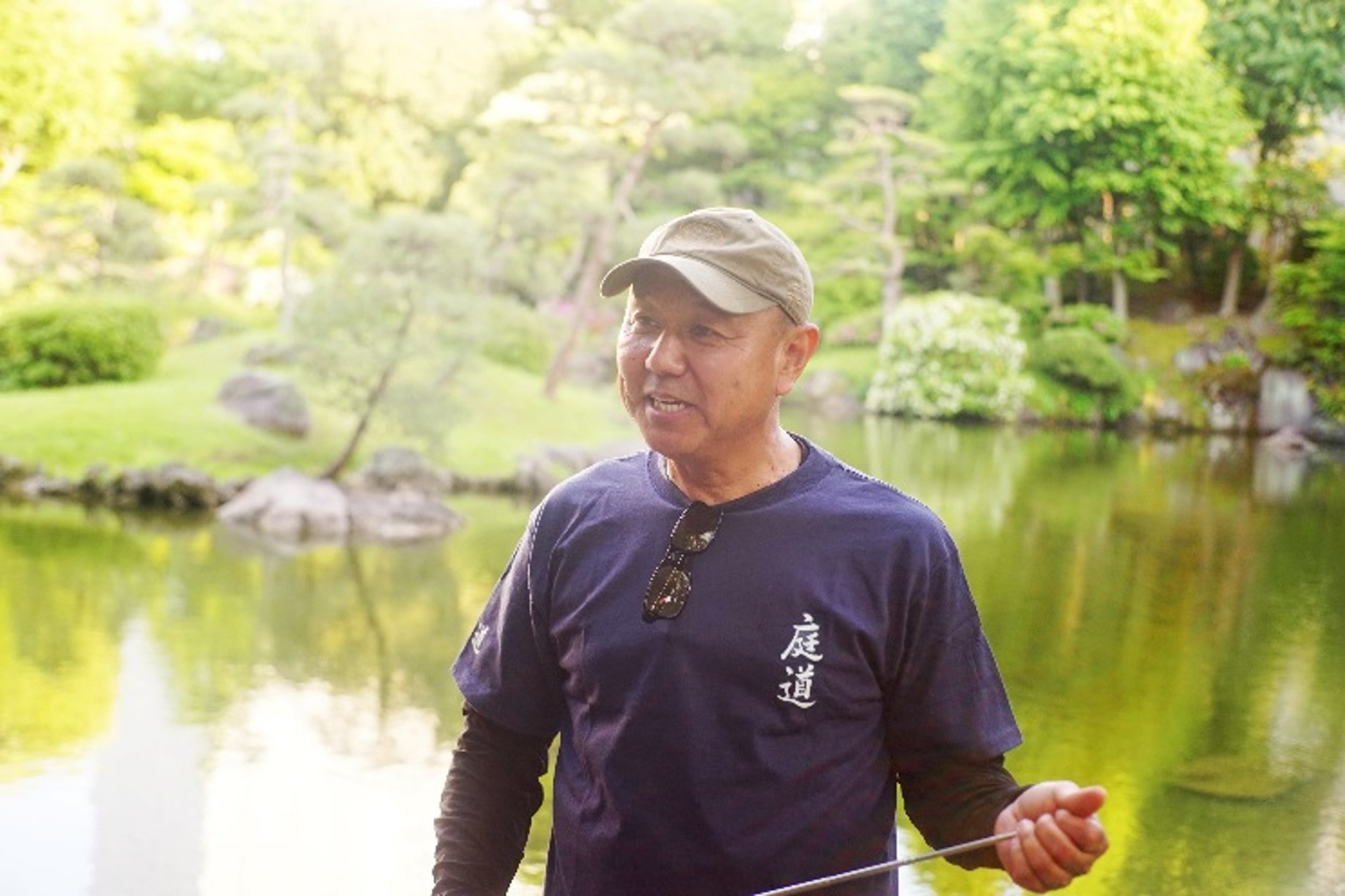 Zoukei (造景)
Zoukei (造景)
This year marks the 33rd year since Zoukei began training as a Banto (traditional Japanese garden steward). At the age of 25, he mastered the skills of Niwashi (landscape architect). In the field of bonsai, he received guidance and instruction from the late Reiji Takagi, the first president of the Japan Bonsai Association, through which he gained extensive knowledge of bonsai.
Zoukei has contributed various plants to flower expositions and world’s fairs across Japan and has been featured in renowned publications. In terms of cooperation in Japanese garden creation, he has been deeply involved in the planting and maintenance of numerous projects, including the current famous tree “Fuji-zakura” at Toji Temple (東寺), a World Heritage site in Kyoto, as well as various theme parks and hotels across Japan. He continues to work collaboratively on these projects.
Also, Since the spring of 2007, Zoukei has been active as a master instructor of the team “Niwado,” which aims to convey the joy of preserving Japanese culture related to gardening. He teaches the public about garden creation, garden shears use, and Japanese gardens’ cultural significance. He is focused on pursuing the importance of human coexistence with greenery for future generations. He started a seminar in Ryogoku, Tokyo, where sumo wrestling is rooted, to share Niwado and teach the enjoyment of Japanese gardens.
Additionally, in Okumatsushima City, Miyagi Prefecture, he has created a bonsai garden at the “Okumatsushima Clubhouse,” a project themed “bringing light to the community” following the Tohoku earthquake. This clubhouse serves as a place where people can intimately experience the globally popular art of bonsai. This project is ongoing.
Taking part in the Niwado Tour
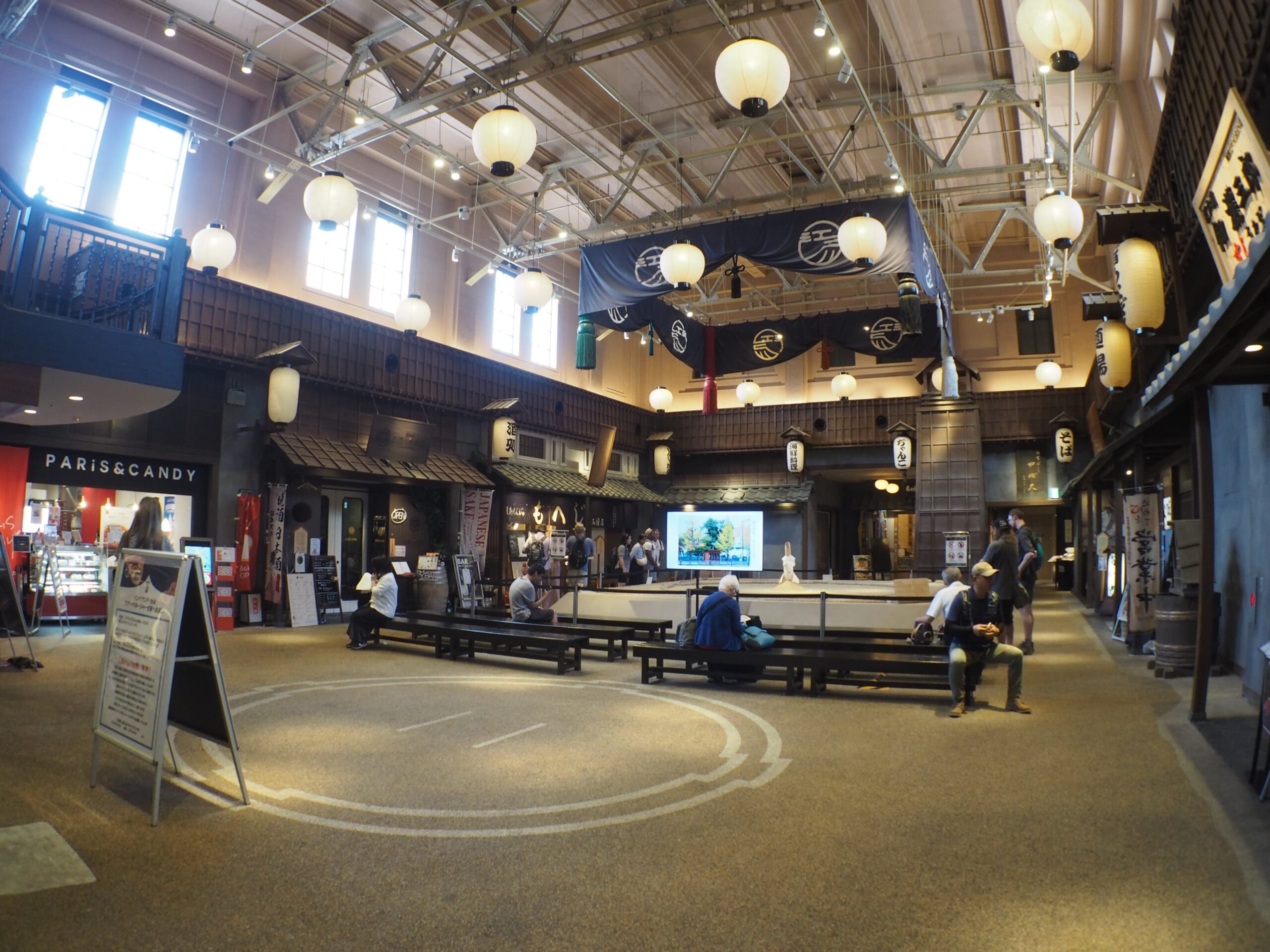
From here, let me explain what you will experience at the Niwado tour. As previously mentioned, this tour is meant for you to feel the values and ideologies behind the beauty of Japanese gardens with your senses.
The tour starts by gathering in the waiting area in Ryogoku Edo NOREN, located right next to the JR Ryogoku station. From there, it’s a 3 to 4-minute walk to the first venue, the Former Yasuda Garden.
1. Lecture on the Niwado at the Former Yasuda Garden
While strolling through the Former Yasuda Garden, you will learn about the essence of Niwado which includes the following:
- The harmony between “sustaining life” and “beauty”
- The balance between “design” and “natural form”
- The equilibrium between “stillness” and “motion”
- The concept of “nurturing a garden”
There is enjoyment in every season, whether on sunny or rainy days. The content will be filled with a live sense of the garden’s condition on the day, allowing participants to experience the spirit of the Niwado and Japanese culture through this once-in-a-lifetime opportunity.
Some Points of Interest to Experience in the Garden
Here are a few examples of the many fascinating concepts you’ll encounter during this tour.
Tidal strolling garden and “Asobigokoro”
One of the garden’s features is that it is a “tidal strolling garden,” which circulates the water from the Sumida River, flowing into the sea, within the garden to recreate changing landscapes with the tide (currently, this effect is reproduced with a pump). The changes in water levels evoke a sense of living together on this dynamic Earth, offering a glimpse into the spirit of inviting nature into daily life, a hallmark of Japanese gardens. You’ll see a path of rocks that only appear when the tide is low. This kind of trick created by the garden creator is known as “Asobigokoro” (playful spirit). You will see this Asobigokoro across the garden.
Yukimi Lantern
Another fascinating point is this giant stone object, a handmade stone lantern used to light from within and as a talisman. For safety reasons, it is no longer lit with fire. Still, its large umbrella-like form was intended for practical lighting and an artistic display reflecting on the shimmering water surface. When you light all the stone lanterns in the garden, they emit a combined 30 watts of light, which is said to be the best amount of lighting for relaxing.
Moss and “Wabi-Sabi”
In Japan, moss is carefully nurtured despite being considered less valuable than other plants and often considered a nuisance. Moss is delicate and difficult to handle, yet it is treated with great care, embodying the Japanese aesthetic of wabi-sabi, which values simplicity and transience. People wear straw sandals to avoid damaging the moss with rubber soles and use tweezers to delicately pluck each piece.
Japan’s high humidity and distinct seasons make moss thrive, turning it into a symbol of wabi-sabi. This slow, patient nurturing of an otherwise unpopular and difficult plant captures the essence of appreciating beauty in imperfection and impermanence. Moss is so integral to Japanese sentiment that it appears in the national anthem, “Kimigayo.”
You may have heard of wabi-sabi and read about it, but it can be a challenging concept to truly grasp. Zoukei explains this concept in detail, using the example of moss, among other examples, to help you understand what wabi-sabi means.
Creating a beautiful garden by bringing ordinary plants and rocks from across the country and arranging them to reflect Japanese values and ideology is another expression of wabi-sabi.
2. Visit to the Japanese Sword Museum
After the lecture at the Former Yasuda Garden, you will have time to enjoy the Japanese Sword Museum, which is right next to the garden. The museum’s exhibits will allow you to explore the fascinating world of swords, which has been gaining increasing attention in recent years.
*Note: The entrance fee is included in the tour price.
*Note: Tour staff will not guide this portion of the visit. Please feel free to explore the museum at your leisure.
3. Demonstration in the Conference Room

In the latter part of the tour, the group will gather in a conference room at KFC Hall & Rooms, where Zoukei will conduct demonstrations on “bonsai pruning” and “making bamboo sake cups.”
In bonsai, the focus is on “pruning” rather than “trimming,” envisioning how the tree will grow and develop in the future. You will see how a bonsai, which can be considered a small garden, harmonizes and weaves a story within its limited space.
The bamboo sake cups are handmade, each crafted to highlight the unique characteristics of the bamboo. The ones made during the demonstration will be available for purchase by participants.
To enable you to try pruning at home, you can purchase “pruning shears” and an exclusive original T-shirt that can only be obtained here.
Hopefully, you’ll continue to experience Niwado in your own space by taking back home these items along with memories of your visit.
Tour details:
Schedule
1. 15:00 – Gather in the waiting area in Ryogoku Edo NOREN
2. 15:15 – Lecture on how to enjoy the garden at Former Yasuda Garden.
3. 16:15 – The Japanese Sword Museum. (*Tickets are included in the fee. Viewing is self-guided)
4. 17:30 – Demonstration of bonsai pruning and bamboo sake cup making at KFC Hall & Rooms.
5. 18:30 – Q&A, commemorative item sale
6. 19:00 – End of tour
Costs:
– Lecture participation fee: 35,000 yen
– Niwado T-shirt (optional): 7,000 yen
– Pruning shears (optional): 18,000 yen
– Bamboo sake cup (optional): 3,500 yen
*Included in the lecture: Admission fee to the Japanese Sword Museum
Payment methods:
- Credit Card (in advance)
- Cash (on the day)
Regarding Registration:
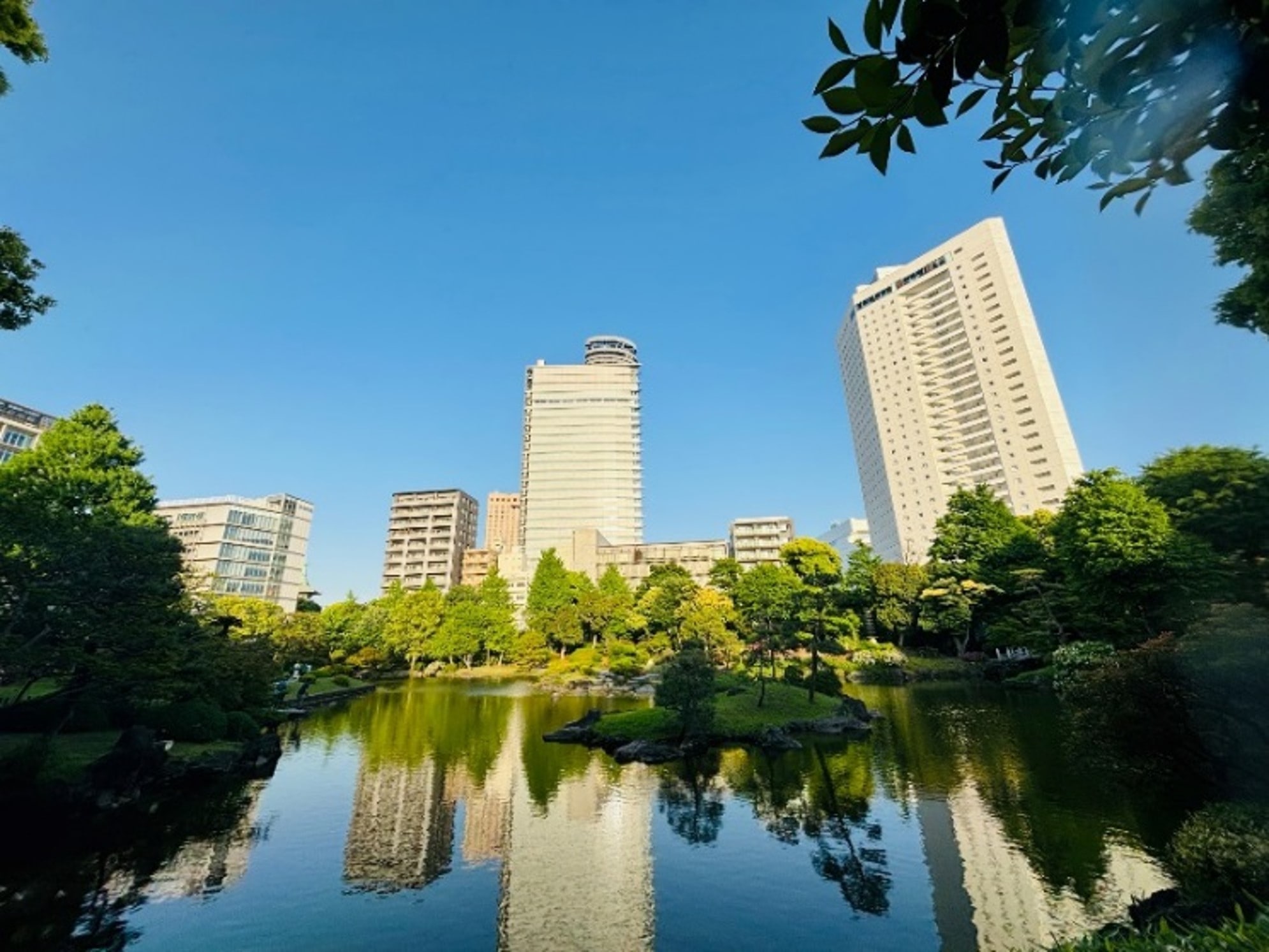
For registration, please click the following link.
<<Enjoy the art of gardening and traditional culture in Japan>>
After registering, we will email you detailed information about the meeting location and other details for the day. Although the garden is located in the city, it includes walking through the garden, so we recommend wearing comfortable clothing on the day.
The garden, home to many birds and other wildlife, serves as an oasis in the city, offering tranquility to its visitors. Despite the unimaginable changes in times and environment since its creation, it will undoubtedly continue to grow with cherished memories.
We hope that through this tour, a garden of tranquility will be created in your hearts, growing richly and lasting long. We look forward to the opportunity to meet you all.
Organizer & Contact Information:
From Now Co., Ltd.
Official Website: https://www.from-now.jp/
Event Website: https://from-now.jp/event/
108-0073
1-2-20 Mita, Minato-ku, Tokyo
BIRTH IN-RESIDENCE Azabu-Juban 403
TEL: 03-4590-8132
I hope you enjoyed this article. Developing an eye to appreciate the true beauty behind Japanese gardens may take time and practice, but understanding the basic philosophy and ideology that underpin these gardens will undoubtedly enhance your appreciation when you visit any temple, shrine, or garden in Japan.
I strongly recommend this tour for those who wish to elevate their foundational knowledge about the essence of Japanese values. By immersing yourself in the experience, you’ll gain a deeper connection to the timeless beauty and cultural richness that these gardens embody.
▽Subscribe to our free news magazine!▽
For more things to do in Tokyo, check out the following articles!
▽Related Articles▽
▼Editor’s Picks▼
Written by
Born and raised in Costa Rica, I started living in Tokyo from college. I love traveling within Japan & around the world. Since I wasn’t born in Japan, I know the cultural impact that you can get when visiting Japan for the first time and what you might be worried about before your trip. And I’ve lived long enough to somewhat understand the nuances of the Japanese culture that make this country such an attractive place to visit. Hopefully I can provide to you both the information you’re looking for and the information you didn’t know you needed to know.





